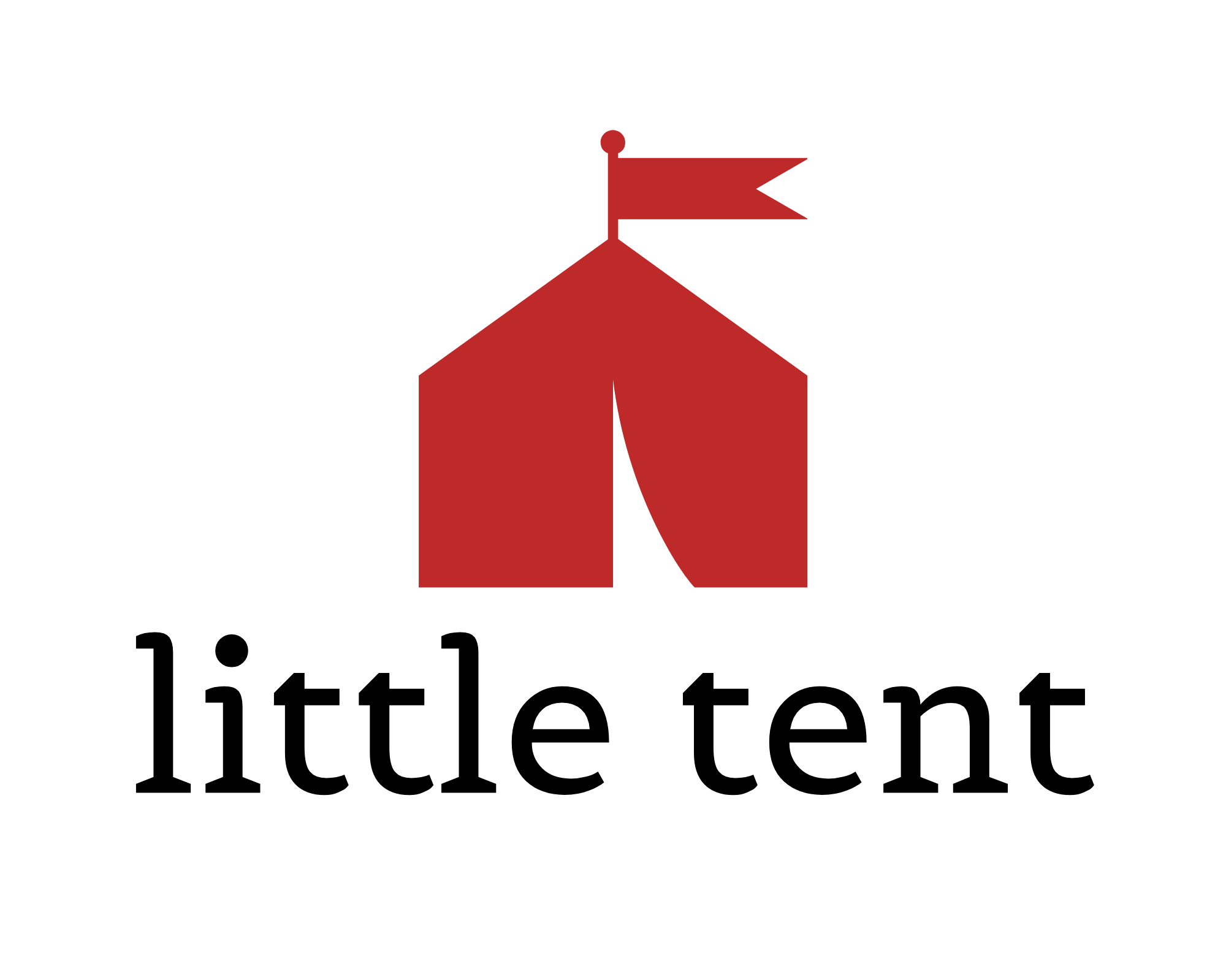The Problem With Kindness
I was paid the most wonderful compliment today by someone I respect and admire a lot. She told me I was kind.
The problem is I’m not sure it’s true.
Yesterday someone I admire a lot sent me a link to a blog they’d written on Kindness. It had so much heart.
Yet I found myself disagreeing with some of it…
Kindness is important to me. I spend a lot of time reflecting on it. And my intent is to be kind in the way I interact with others and think about others. It matters to me for two reasons - because I think there’s enough cruelty in the world and don’t want to propagate it. And because I’ve spent a bit of time learning about the science of kindness.
But I have a massive problem with the “Be Kind!” messages on social media. I’m afraid I find them anodyne. Harmless (ish) but meaningless.
The Oxford English Dictionary defines Kind as ‘Having or showing a benevolent, friendly or warm-hearted nature or disposition’.
Sounds easy, doesn’t it?
And ‘showing’ kindness is really very easy. Re-tweet nice supportive stuff, be friendly with your neighbours, offer to do favours for people, put some cans in the foodbank box at the supermarket. We are all capable of this most days.
I believe the big sister of kindness is compassion (OED definition: “The feeling or emotion, when a person is moved by the suffering or distress of another, and by the desire to relieve it”). This is different. This takes the ability to face difficulty and take action. It takes courage.
The depth of kindness and compassion we need right now is more than performative. It’s more than niceness, friendliness, agreeability.
People are suffering – in the UK 65,000 people have lost their lives as a result of the impact of this pandemic. 65,000 families grieving, potentially having lost a breadwinner, certainly having lost loved ones. Suddenly, and without the ability to hold them as they slipped away.
Children are going hungry in this country. Charities and Local Authorities are struggling to support the most vulnerable. People are lonely, afraid, and risk losing homes, jobs, income, security. Inequality abounds.
More than that, people are fearful. Even the ones pretending they’re not (especially the ones pretending they’re not?). And fear’s bodyguard is anger. When we are fearful, we often react with anger.
You can see it in ‘cancel culture’, in the way we react to the person in the supermarket who pushes past us. In how we felt when we saw crowds on Bournemouth beach. In how some of us talk about our political leaders, and how others talk about the people who are angry with our politicians.
Media – both traditional and new – now thrives on the currency of fear and anger. We are more likely to react to (click, share, comment) something online if it makes us angry or fearful than if it makes us calm or happy (read “Trust me; I’m lying” by Ryan Holiday for more on this phenomenon and how media and marketers manipulate it. He also talks about how ‘cloying and saccharine positivity’ - “Be Kind!” - has the same effect).
We can’t be kind or compassionate while we are scared and angry. It’s biologically impossible – fear and anger stimulate our primal threat response systems. They focus us on self-protection (maybe also protection of our own group/kind). We aren’t pre-disposed to think of others, act selflessly or take the courage to listen to them and relieve their suffering when we feel under threat.
This means that recognising this in ourselves, taking the steps to respond differently, and actively seeking to recognise and address another human’s suffering takes circumspection and courage.
More than that, it requires us to go inside first. To practice compassion and kindness towards ourselves (this is my first failing). To reflect upon our own fear or anger, to recognise it, own it, examine it. To speak to ourselves with kindness so that we can shine that back out into the world.
All of these things are a practice. We are products of our environments and these are not kind. We have inner critics who speak to us harshly (mine’s called Priscilla in case you needed to know). We are swept along in changing uncertain times. We are human amongst the most inhuman of environments (measures, metrics, judgements, consumerism). Being kind to ourselves requires us to step outside of this and pause. And to build a practice, a habit of kindness. To ourselves and to others.
If we really do want a kinder world – and I think most of us do – we need to build a practice and movement of Brave Compassion. Starting with ourselves.
Like brushing your teeth, Kindness and Compassion aren’t something you are, they are something you do. Daily, and deliberately. To prevent decay.

